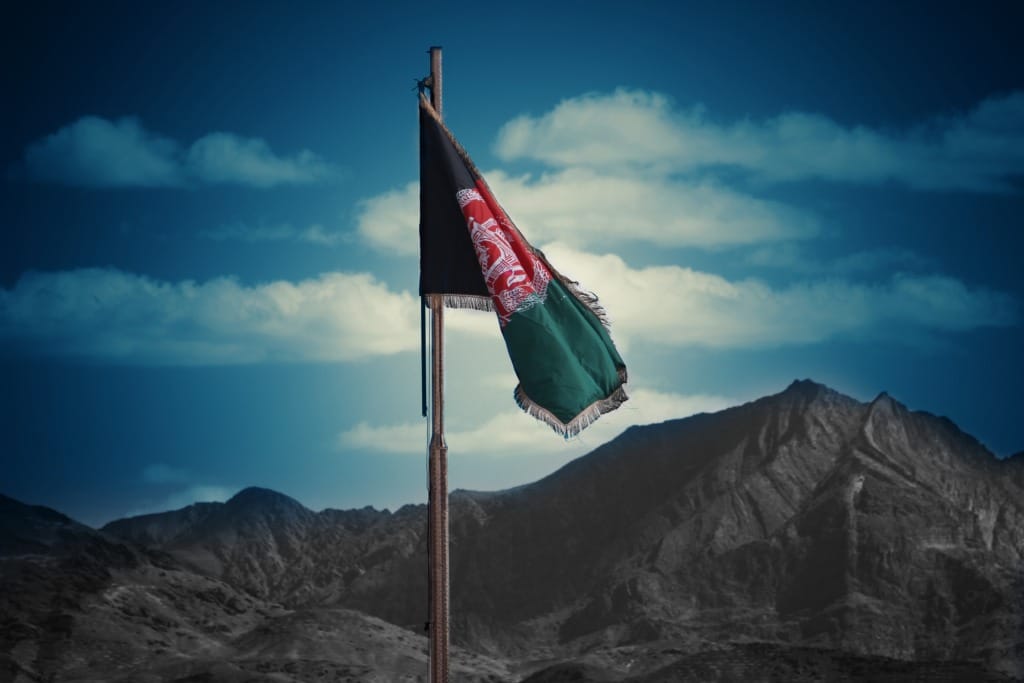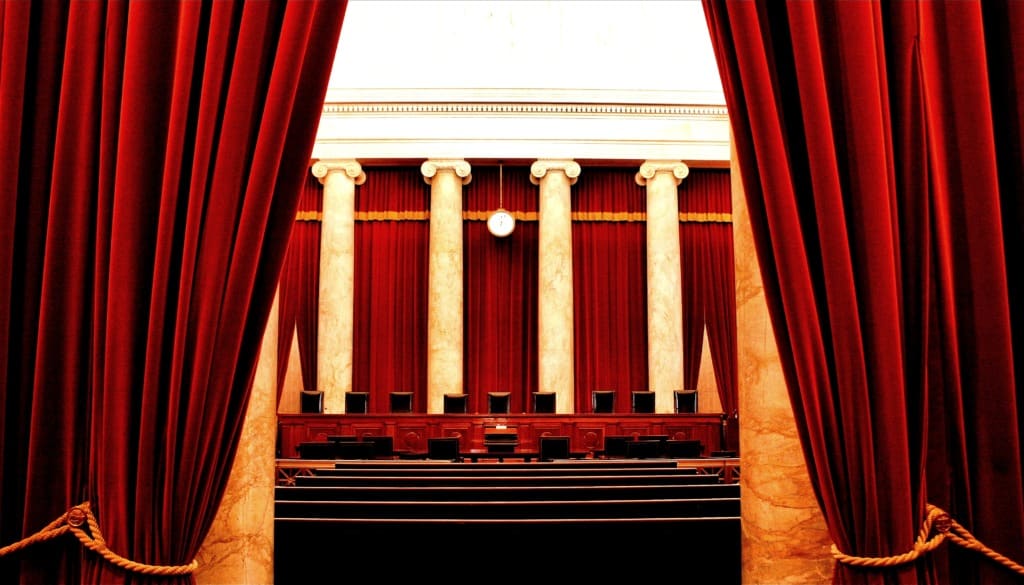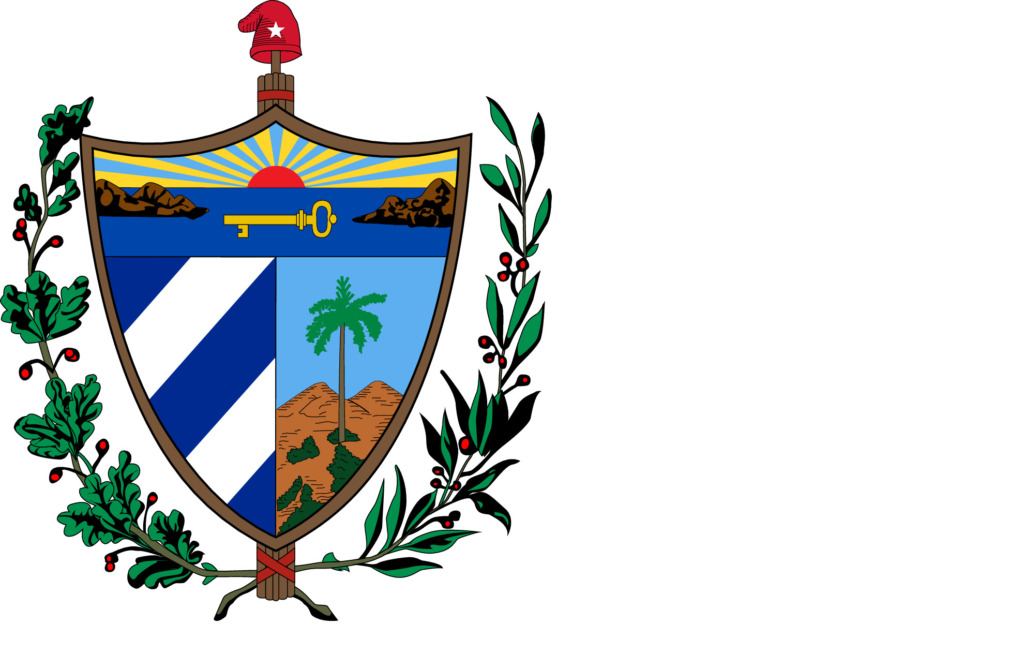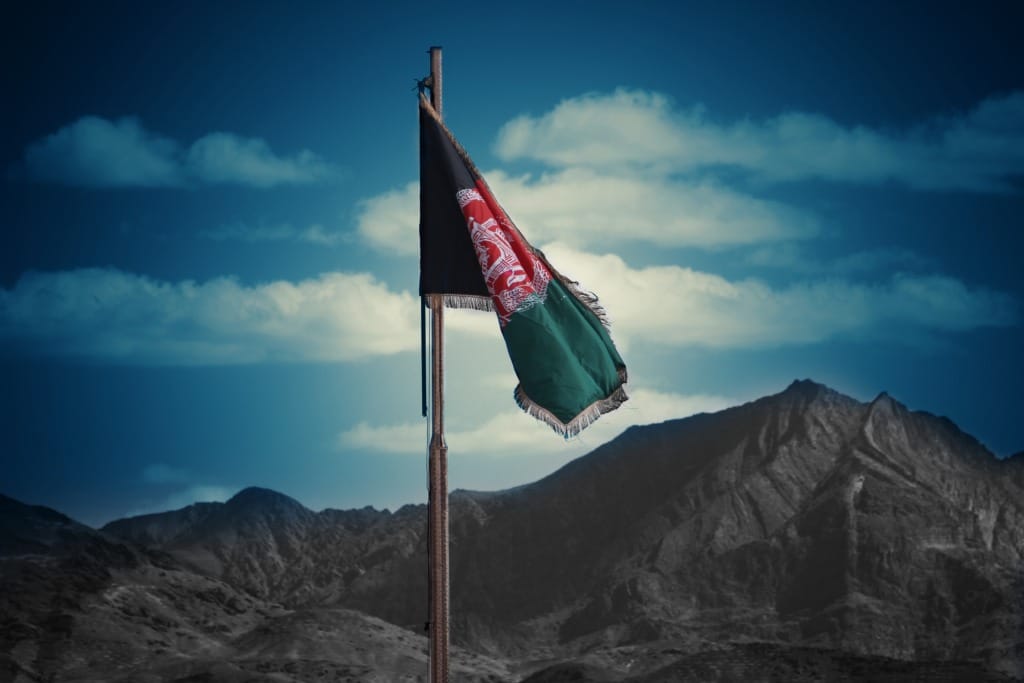District Court Refuses to Let 9/11 Plaintiffs Have Afghan Central Bank Assets
The District Court for the Southern District of New York (Judge George Daniels) has denied the turnover motions filed by judgment creditors against assets of Da Afghanistan Bank (“DAB”) that are held at the Federal Reserve Bank of New York (“FRBNY”). Judge Daniels’ order and decision, issued on February 21, 2023, adopted the report and…
Continue ReadingMaterial Support of Terrorism Looms over Supreme Court’s Social Media Case
On February 22, 2023, the Supreme Court heard oral argument in Twitter v. Taamneh. The case concerns an act of violence committed by ISIS in a Turkish nightclub in 2017. In bringing suit in the lower courts, plaintiffs alleged that Twitter, Facebook, and Google aided and abetted ISIS’s attack, in violation of 18 U.S.C. §…
Continue ReadingSupreme Court Likely to Shield Internet Platforms from Liability for Terrorist Acts
On February 21 and 22, the Supreme Court heard oral arguments in two companion cases regarding the liability of internet platforms for terrorists’ use of their services. Gonzalez v. Google concerns the scope of immunity for internet companies under 47 U.S.C § 230, specifically whether that statutory grant of immunity covers a platform’s automated suggestions…
Continue ReadingThrowback Thursday: Forty Years of the Bancec Test
The Supreme Court’s 1983 decision in First National City Bank v. Banco Para El Comercio Exterior de Cuba was saddled with a cumbersome mouthful of a title, one confusingly similar to a 1972 opinion in another important case, First National City Bank v. Banco Nacional de Cuba. Fortunately, the 1983 decision was quickly dubbed Bancec, an…
Continue ReadingSupreme Court to Consider Tech Companies’ Liability for Terrorism
On February 21 and 22, the Supreme Court will hear oral argument in two cases, Gonzalez v. Google and Twitter v. Taamneh, that raise questions about how a civil cause of action set forth in the Anti-Terrorism Act (ATA) applies when known terrorist organizations use social media services. Both cases involve terrorist attacks (in Paris…
Continue ReadingCentral Bank Immunity, Afghanistan, and Judgments Against the Taliban
International law and U.S. foreign policy provide powerful reasons to require clearer direction from the political branches before ordering the turnover of Afghan central bank assets to U.S. judgment creditors. [This post also appears on Lawfare]. Afghan central bank assets in the United States were frozen by President Biden following the Taliban’s takeover of the…
Continue ReadingResolving the Immunity Issues in Halkbank
The question now before the U.S. Supreme Court in Türkiye Halk Bankasi A.Ş., v. United States is whether a foreign state’s wholly-owned private bank is immune from criminal prosecution in U.S. courts. The issue is framed as one of statutory interpretation, since the Second Circuit affirmed District Judge Berman’s ruling that the 1976 Foreign Sovereign…
Continue ReadingThe Fate of the Afghan Central Bank Assets – State of Play
Afghanistan is experiencing a humanitarian and economic crisis following the Taliban’s return to power in the wake of the U.S. withdrawal of forces in August 2021. As previously covered on TLB (and on Lawfare), the U.S. government has frozen roughly $7 billion in assets held by Afghanistan’s central bank, Da Afghanistan Bank (DAB), that were…
Continue ReadingThe Executive Does Not Control Common Law Immunity
A previously reported on TLB, the Supreme Court granted certiorari in Türkiye Halk Bankasi, A.S. v. United States, to decide whether a bank owned by Turkey is entitled to foreign state immunity from federal criminal prosecution. Halkbank was indicted for evading sanctions against Iran. Both lower courts denied immunity to Halkbank, reasoning in part that…
Continue ReadingOral Argument on Personal Jurisdiction Today
The Supreme Court will hear oral argument today in Mallory v. Norfolk Southern Railway, a personal jurisdiction case in which the defendant “consented” to general jurisdiction in Pennsylvania based on a corporate registration statute. Although Mallory itself involves no transnational facts, the case could have important implications for foreign defendants. Pennsylvania’s registration and long-arm statutes,…
Continue Reading





